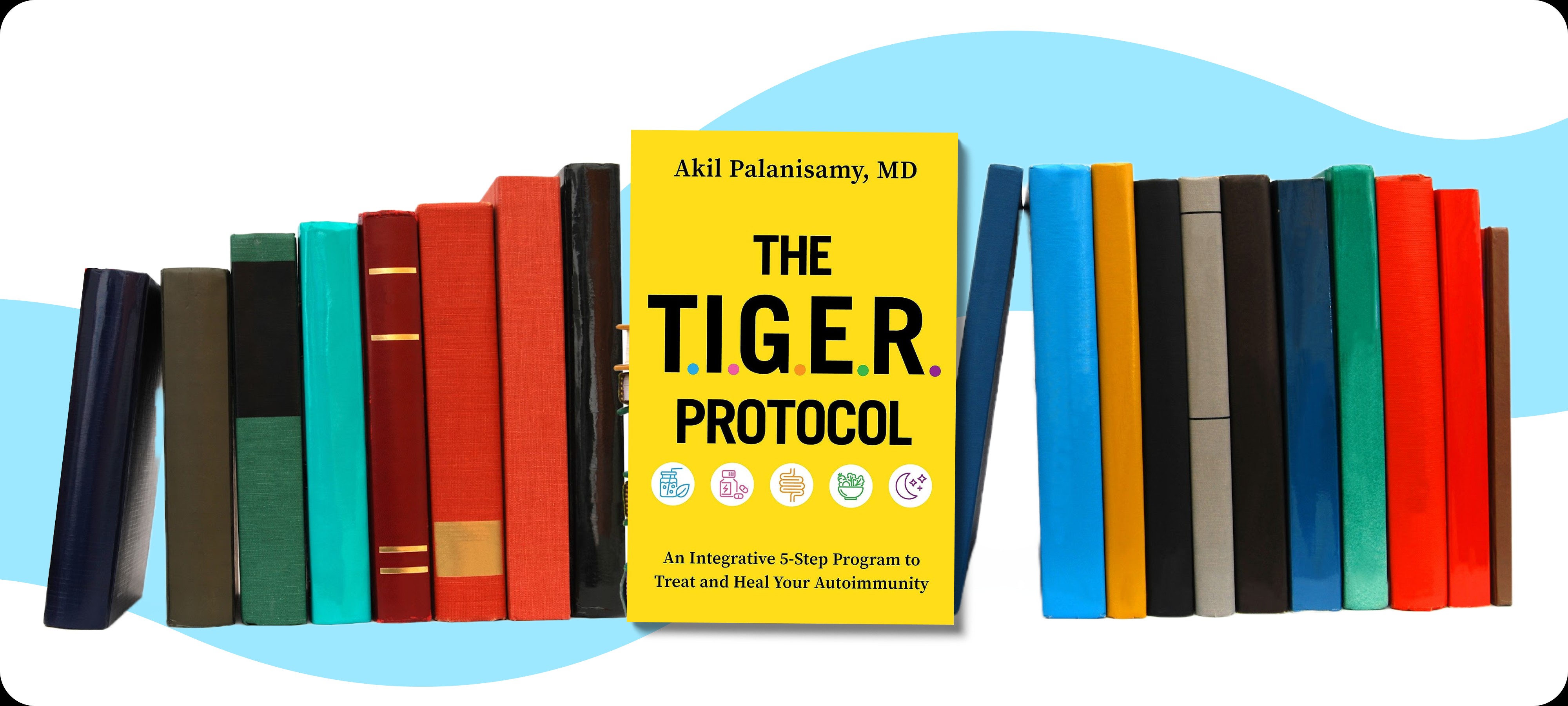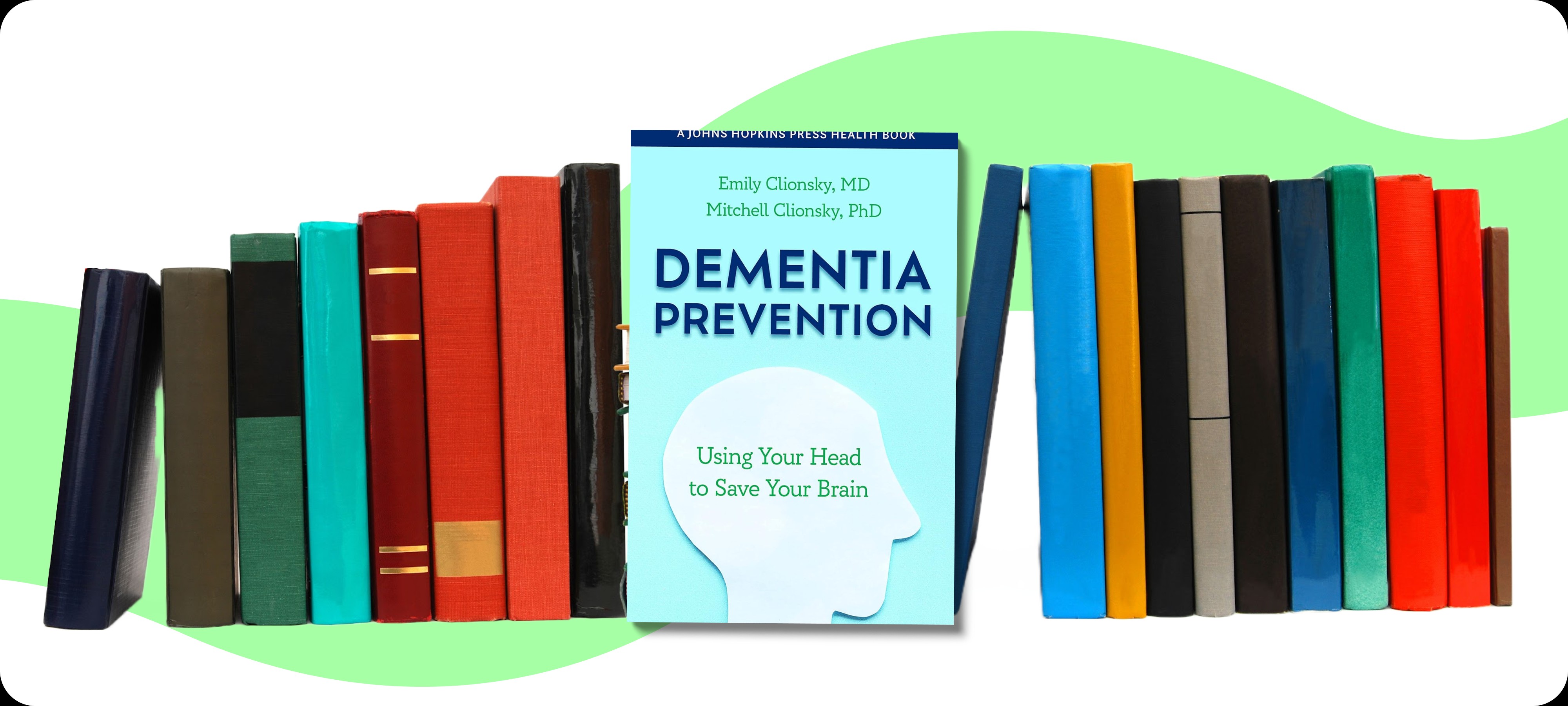In today’s fast-paced world, more people than ever are dealing with mental health challenges. The challenges of modern life have prompted a profound exploration of factors that influence our psychological well-being. In this context, Felice Jacka’s Brain Changer becomes a valuable and relevant guide. It focuses on a less-explored aspect: how our diet can significantly influence our mental health.
In this review, we embark on a journey through Brain Changer, unveiling its key takeaways, strengths, and some minor limitations, ultimately illuminating the transformative potential of dietary choices on the landscape of mental health.
Author’s background

Felice Jacka is a renowned Professor of Nutritional Psychiatry, the Director of the Food & Mood Centre at Deakin University, and the founder and president of the International Society for Nutritional Psychiatry Research.

She is credited with pioneering the field of ‘Nutritional Psychiatry,’ establishing the significance of diet as both a risk factor and a treatment target for common mental disorders. Her research has had a substantial impact, with her studies being cited in over 80 global policy documents (including WHO and UNICEF) and influencing psychiatric clinical guidelines in Australia and beyond.
What is the book about?

Brain Changer by Felice Jacka explores the intriguing connection between mental health and diet, offering a unique perspective shaped by the author’s background and personal experiences.
The book starts by delving into some large-scale studies and what they might mean for the future of research in this area. Then, Felice shares her own smaller-scale investigations, where she painstakingly looks for those connections between our diet and how we feel mentally.
Brain Changer also delves into the realm of speculative diet trends and government dietary messaging, providing a broad view of the topic. The book concludes with recipes and insights into Jacka’s own eating habits.
At its core, this book tells a story about the profound impact our food choices have on our mental and brain health throughout our lives. It’s not just about preventing mental health issues; it’s also about dealing with them if they come our way. Brain Changer aims to provide you with practical tools to boost your mental and brain health, no matter where you are in life.
Three key takeaways from Brain Changer

1There is a strong connection between your diet and mental well-being
Research from various countries, including Japan, China, Korea, Iran, France, Greece, Italy, and the United States, consistently reveals a strong link between dietary patterns and mental health. The author emphasises that diets rich in plant foods, fish, and healthy oils are associated with lower rates of depression, while diets high in manufactured foods with added fats, sugars, and salt are linked to increased depression.
A Mediterranean-style diet, in particular, shows promise in reducing the risk of developing depression by approximately 30%. On the contrary, a study involving over 7000 young Australians showed that participants with high ‘unhealthy’ diet scores, reflecting frequent consumption of fast food and sugary snacks, faced a nearly 80% increased risk of depression. These findings emphasise the importance of considering dietary choices as a key factor in mental well-being.
2If you improve your diet, your mental health will improve
In Brain Changer, Felice Jacka discusses groundbreaking research from the SMILES study, which aimed to answer the question: Can changing your diet improve your mood if you’re depressed? While this question remained unanswered for a long time, the SMILES study provided compelling evidence. By helping people with clinical depression make dietary improvements, the study found that their mood significantly improved.
Notably, a third of the participants in the dietary support group achieved remission from depression, while only 8% in the social support group did. This breakthrough highlights the potential of dietary changes as a complementary approach to managing depression, offering hope and empowerment to those seeking alternative solutions alongside other forms of treatment.
3Diet during pregnancy can affect a child’s emotional health
Research exploring the relationship between maternal diet during pregnancy and children’s emotional health reveals intriguing findings. Felice Jacka discusses studies from Norway, the Netherlands, and the United Kingdom, all pointing to a significant connection between a mother’s diet during pregnancy and her child’s emotional well-being. Unhealthier diets during pregnancy, characterised by processed meats, refined cereals, and sugary snacks, were associated with higher levels of externalising behaviours in children. Additionally, children who consumed fewer healthy foods like fish, vegetables, and fruits, and more unhealthy items such as sweets and fast food, exhibited more emotional health issues.
Moreover, maternal depression and anxiety symptoms are associated with children’s mental health, but diet seems to play an independent role. While the results generally support the idea that maternal dietary habits matter, one study showed that particularly healthy diets during pregnancy may be linked to more internalising behaviours in children, possibly due to maternal anxiety.
Strengths and weaknesses, according to readers’ reviews

Strengths
-
The book provides valuable insights into the connection between diet and mental health, drawing from a wide range of research studies and evidence.
-
The author’s personal journey and background in nutritional psychiatry bring a unique and relatable perspective to the topic, making it more engaging for readers.
Weaknesses
-
Some parts of the book may be too technical for a general audience, potentially making it challenging for readers without a background in nutrition or psychology to fully grasp the concepts.
-
The book could benefit from more summary tables and concise explanations of research findings to make the complex information more accessible.
Best quotes from Brain Changer

“Almost unbelievably, given the rise of large-scale agriculture and our subsequent increased access to food, poor diet is now the leading risk factor for early death in developed countries and number two worldwide. Across the entire globe in 2016, the number-one risk factor for death in men and the second leading risk factor for death in women was a diet low in fruits, vegetables, whole grains, nuts and seeds, fibre and good-quality fats from fish and plants, and/or a diet high in processed meats, salt and sugar-sweetened beverages.”
“Many studies from around the world now indicate that diet quality is related to mental health in young people from different cultures, with different dietary practices. For example, a study in Chinese adolescents showed that higher scores on a ‘traditional’ dietary pattern, including whole grains, vegetables, fruit, rice and soy products, were related to reduced depression and anxiety, while both an unhealthy ‘snacking’ dietary pattern and a high- meat dietary pattern were related to more depression and anxiety.”
“…Professor Ian Colman, has recently published the results of a large study showing that while depression is associated with an increased risk of early death (this has been shown before – indeed, my Norwegian colleagues showed that depression was roughly equivalent to smoking in increasing the risk for early death), anxiety is associated with reduced risk. One possible reason for this is that people who are more anxious take better care of themselves.”
Final takeaway

In Brain Changer, Felice Jacka, a leading expert in nutritional psychiatry, unravels the intricate relationship between diet and mental health. With a wealth of research, she underscores the significance of dietary patterns in shaping our mental well-being. Jacka’s book introduces groundbreaking studies, offering hope that improving one’s diet can lead to substantial mood enhancements, particularly for individuals grappling with depression.
While the book may delve into technical details that could challenge some readers, its unique perspective, extensive research coverage, and transformative insights make it an essential read for anyone interested in harnessing the power of nutrition to bolster mental health.
Where to buy
You may purchase a paperback version of Brain Changer on Amazon at the best price.








